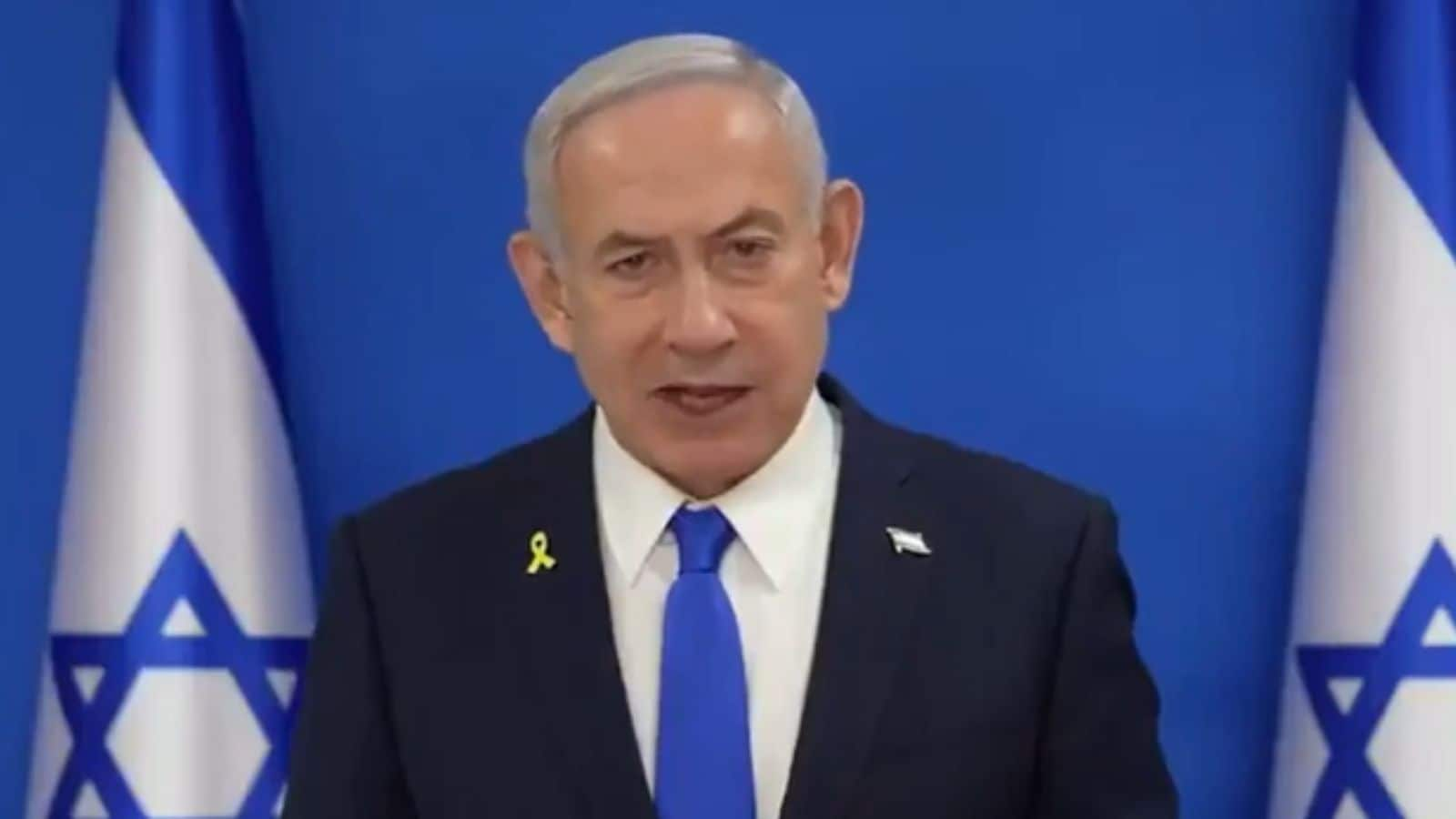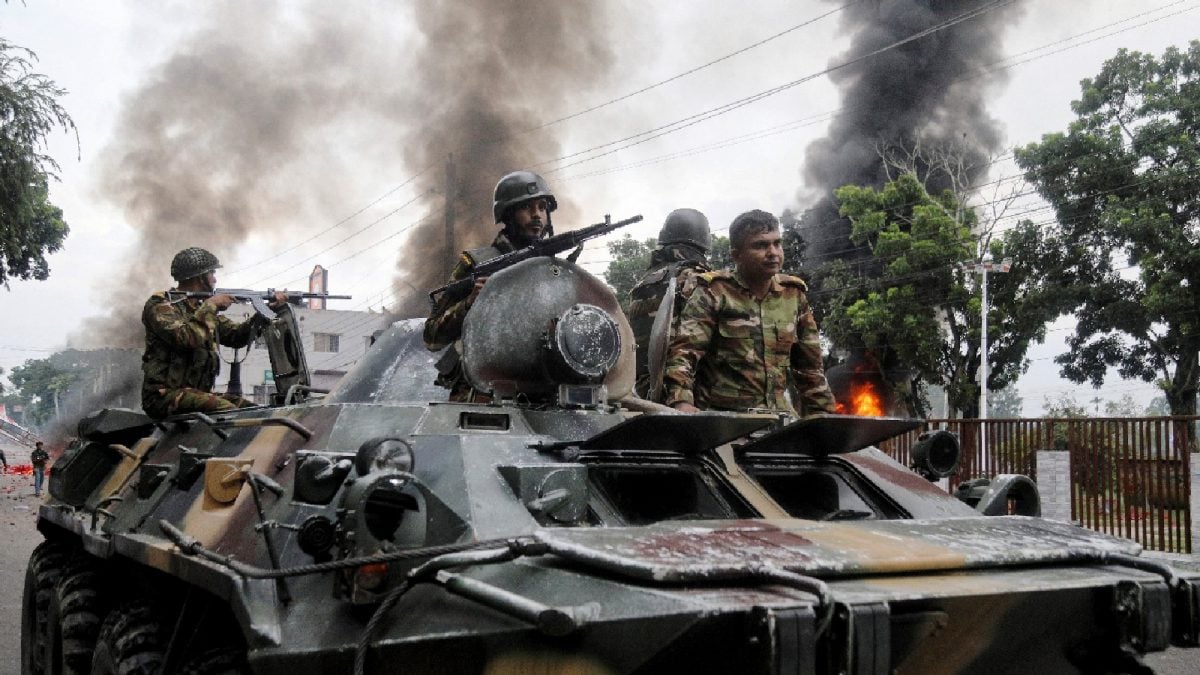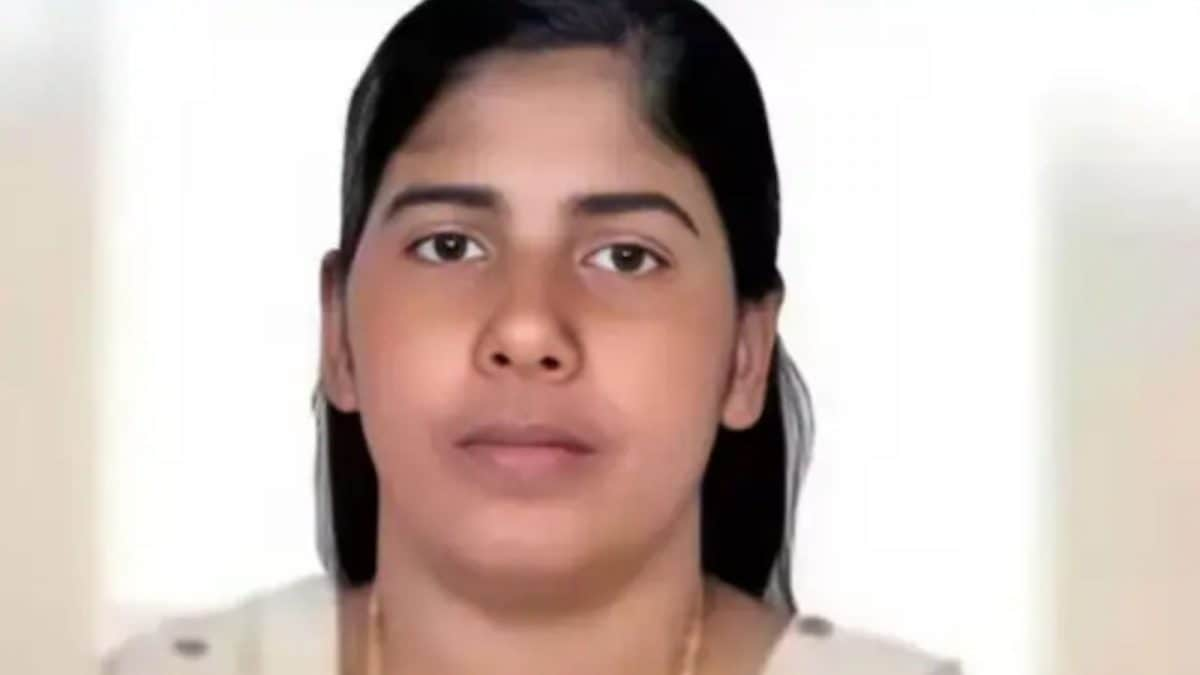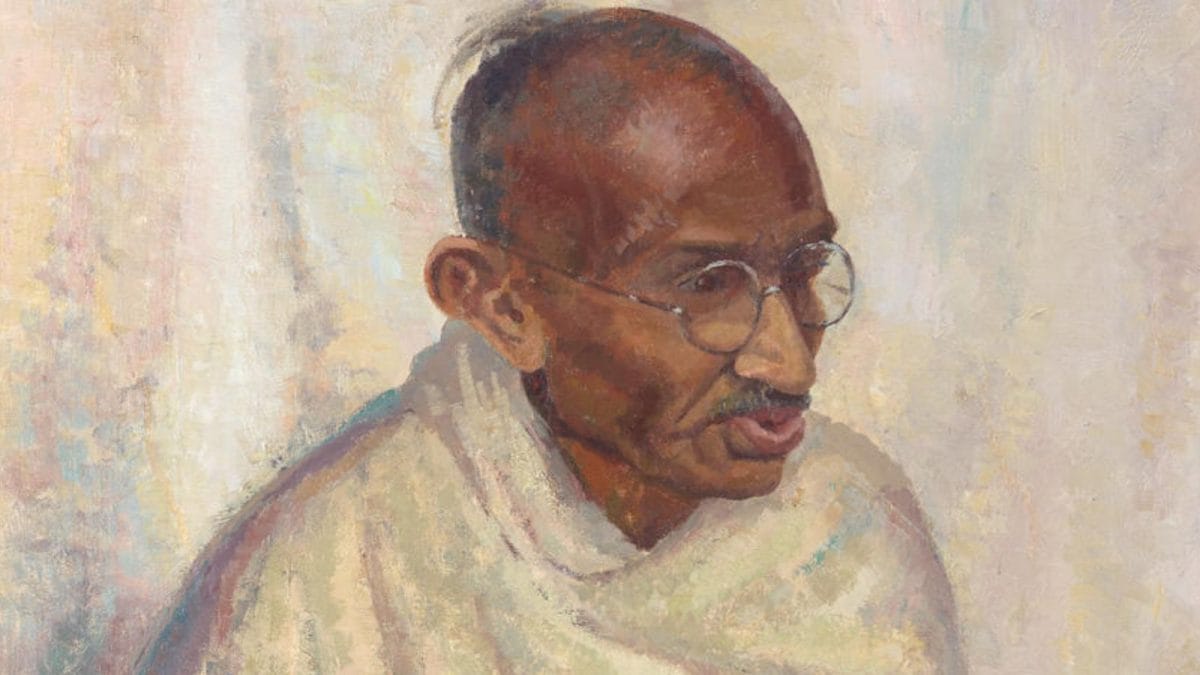Nimisha Priya's execution in Yemen has been postponed, but her fate remains uncertain as the victim's family refuses all offers of reconciliation or blood money, insisting on Qisas, or retributive justice under Islamic law.

Nimisha Priya, a 36-year-old nurse from Kerala, moved to Yemen in 2008 in search of better job opportunities.
Kerala-born nurse Nimisha Priya’s life remains on edge with her execution in Yemen, originally slated for July 16, now postponed. However, the victim's family remains unwilling to budge from its stand, insisting on the strict enforcement of Qisas, or retributive justice under Islamic law, presenting a daunting obstacle for her legal and diplomatic appeals.
Nimisha Priya was sentenced to death in 2020 for the murder of her Yemeni business partner, Talal Abdo Mahdi, in 2017. While her family has been exploring the possibility of securing a pardon through diyah or blood money the victim’s family has categorically rejected all such offers.
In a strongly worded Facebook post, Talal’s brother, Abdelfattah Mahdi, said the family had turned down every effort at reconciliation, including those involving monetary compensation.
“What is happening today, and all the talk of mediation and reconciliation attempts, is neither new nor surprising,” he wrote. “Over the years, there have been covert efforts and serious attempts at mediation—and that is natural. But the pressure has not changed us. Our demand is clear: Qisas, and nothing else, no matter what.”
Reacting to the postponement of the execution, he added: “Unfortunately, we did not expect this, especially since those who delayed it know full well that we reject all reconciliation. What comes after an execution date is always harder. We will follow through with it—no postponement will stop us. No pressure will shake us. Blood cannot be bought. Justice cannot be forgotten. Qisas will be done, no matter how long it takes. With God’s help.”
WHAT IS GOD’S LAW IN QISAS
In Yemen’s Islamic legal framework, the principle of Qisas grants a victim’s family the right to pursue retributive justice, most commonly the death penalty in murder cases. Derived from the Quranic notion of "an eye for an eye," Qisas upholds a form of justice that reflects the severity of the original offense.
O you who believe, equivalence is the law decreed for you when dealing with murder - the free for the free, the slave for the slave, the female for the female. If one is pardoned by the victim's kin, an appreciative response is in order, and an equitable compensation shall be paid. This is an alleviation from your Lord and mercy. Anyone who transgresses beyond this incurs a painful retribution
This principle is recognised and enforced in multiple countries governed wholly or partly by Sharia-based criminal law, including Saudi Arabia, Iran, Pakistan, Sudan, Yemen, Afghanistan (under Taliban rule), and parts of Nigeria where Sharia law is practiced. In these jurisdictions, Qisas is codified in law and typically applied in cases involving murder or serious bodily harm. Its enforcement, however, is subject to judicial interpretation and often influenced by state oversight.
Importantly, Yemen’s Sharia law also allows for clemency. The victim's family may choose to forgive the accused in exchange for diyah—a monetary compensation known as blood money. If accepted, this payment can lead to a pardon and nullify the death sentence, emphasising reconciliation over retribution.
In Nimisha Priya’s case, however, this route appears closed. The victim’s family remains firm: they seek retribution, not reconciliation.
- Ends
Published By:
Priya Pareek
Published On:
Jul 16, 2025

 6 hours ago
6 hours ago


















